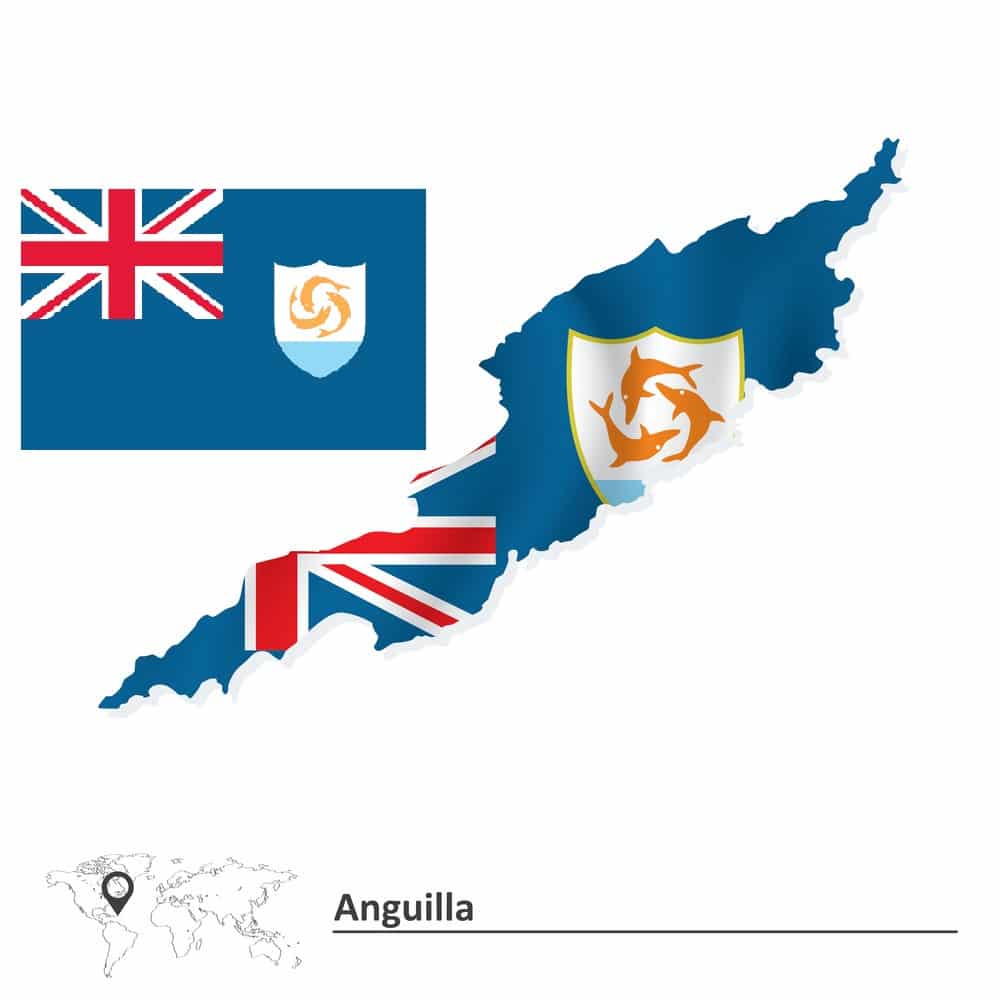Metro
Anguilla: From Ancient Settlement to Modern Territory

Anguilla is an island in the Caribbean Sea that was first inhabited by Arawakan-speaking Indians who came from South America around 2000 BCE. They named it Malliouhana, meaning arrow-shape sea serpent. The island was visited by Christopher Columbus in 1493, but he did not claim it for Spain. The first European settlers were British colonists from Saint Kitts who arrived in 1650. They planted tobacco and cotton and established a local council. Anguilla remained a British territory, except for a brief period of Dutch occupation in the 1630s. In the 1960s, Anguilla rebelled against the federation with Saint Kitts and Nevis and declared itself an independent republic, but it was later restored to British rule. Anguilla became a separate British overseas territory in 1980 and has its own constitution and government.
See population, official language and more…

Anguilla
Conditions in Anguilla were influenced not only by European conflicts but also by political expediency. The British government thought it convenient to have Saint Kitts make laws for Anguilla and therefore created a legislative union between them (1825), although the Anguillan freeholders who owned the sugar estates protested strongly. Anguilla was ruled directly from Saint Kitts. Britain ended slavery in the colonies in 1834, and over the next few years many of the plantation owners sold their land to former slaves and returned to the United Kingdom. The lack of any meaningful economic development on the island heightened Anguillan discontent with the union. In 1872 the islanders petitioned the British government to dissolve the union and administer the island directly from Britain. The petition was ignored, and in 1882 a British Federal Act united Saint Kitts, Nevis, and Anguilla as a constituent part of the Leeward Islands Federation.
During the early 1890s, Anguillans endured much suffering when prolonged droughts led to severe famine. Such conditions and the Great Depression of the 1920s and ’30s—which affected the entire Caribbean but hit poverty-stricken Anguilla particularly hard—caused many Anguillan workers to migrate to the Dominican Republic to work in the sugarcane fields. Others found work in Aruba and Curaçao.
A series of labour disturbances throughout the British West Indies in the 1930s spurred the creation of a royal commission (popularly known as the Moyne Commission) to examine social and economic conditions in the islands. The commission advocated political and social reforms, and its findings hastened the democratization of the political process. Anguilla was granted universal adult suffrage in 1952. Further changes occurred in 1956—with the dissolution of the Leeward Islands Federation and the designation of Saint Kitts, Nevis, and Anguilla as a crown colony—and in 1958, when the three islands formed a single political unit within the West Indies Federation. After the federation’s collapse in 1962, the British government attempted a federation of the smaller territories; when that, too, failed, most of the islands were granted new constitutions that provided for statehood in association with Britain. In 1967 Anguilla became part of an associated state with Saint Kitts and Nevis, again contrary to the wishes of Anguilla, which ejected the Saint Kitts police, set up its own government, and proclaimed an independent republic.
Negotiations for a peaceful resolution of the conflict failed, and British troops intervened in March 1969. British rule was restored, and a temporary commissioner was installed. Subsequently, the Anguilla Act of July 1971 placed the island directly under British control. A new constitution in 1976 gave the island a ministerial system of government and provided a larger measure of internal autonomy under the Crown. In 1980 Anguilla formally became a dependent territory (from 2002, overseas territory) of the United Kingdom, and a new constitution became effective in 1982; it was amended in 1990. Anguilla has developed into a stable parliamentary democracy with a growing economy, a consequence of massive injections of foreign capital, mainly from the United States, during the early years of the 21st century.





